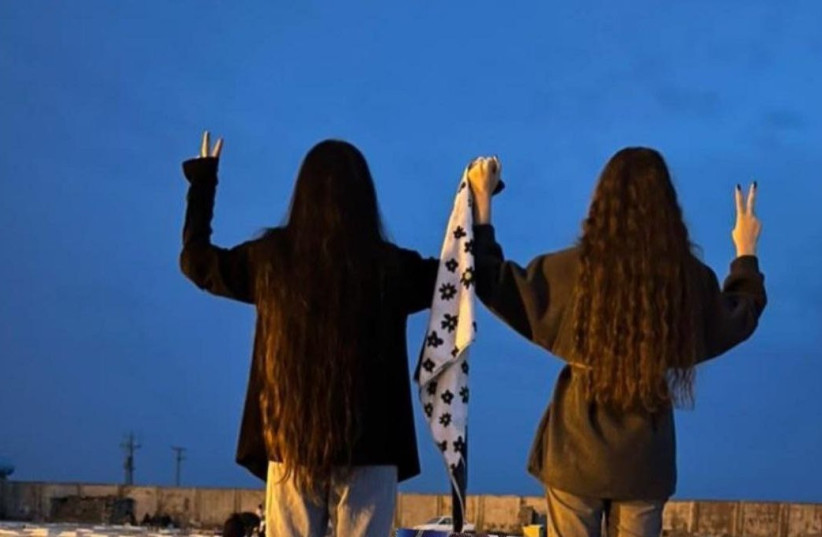Iran's authorities have committed violations in recent months that may amount to crimes against humanity, a UN-appointed expert told the Human Rights Council on Monday, citing cases of murder, imprisonment, enforced disappearances, torture, rape, sexual violence and persecution.
Iran has been swept by protests since the death of a young Iranian Kurdish woman, Mahsa Amini, in custody last September.
Addressing the Geneva-based council, Javaid Rehman, Special Rapporteur on Iran, said he had evidence that Amini died "as a result of beatings by the state morality police". Iran's state coroner has said she died from pre-existing medical conditions, not blows to the head and limbs.
Rehman, an independent expert, added that the scale and gravity of crimes committed by authorities as part of the repression following her death "points to the possible commission of international crimes, notably the crimes against humanity".
Iran's Ambassador Ali Bahreini told the body that the allegations were imaginary and Iran was being singled out and targeted in the council. "They try to portray their imaginations as the reality of the situation in Iran," he said.

Iran's other crimes
Some 527 people were killed in the protests including 71 children, Rehman continued, including some who were beaten to death by security forces. Women and girls were targeted with shotgun fire to their faces, breasts and genitals, he added, citing Iranian doctors.
"Children released have described sexual abuses, threats of rape, floggings, administration of electric shocks and how their heads were maintained under water, how they were suspended from their arms or from scarves wrapped around their necks," Rehman said in his speech.
He voiced outrage at the execution of at least four people linked to the protests and said that a total of 143 people had been executed since January following "grossly unfair trials".
The 47-member council, the only body made up of governments to protect human rights worldwide, voted in November to appoint an independent investigation into Iran's repression of protests which is currently being established. Evidence assembled by other investigations set up by the UN rights council has sometimes been used before international courts.
